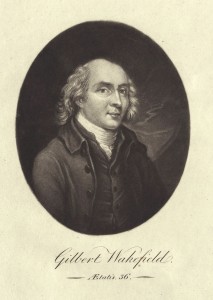
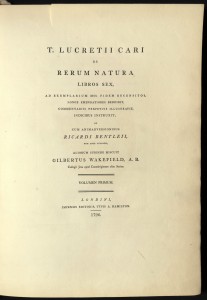
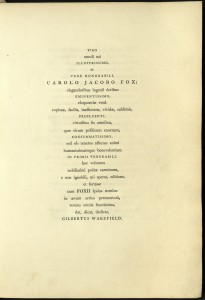
DE RERUM NATURA LIBROS SEX, AD EXEMPLARIUM…
Titus Lucretius Carus (ca. 99 BCE – ca. 55 BCE)
Londini: Impensis editoris, typis A. Hamilton, 1796-7
PA6482 A2 1796 oversize
De Rerum Natura is the only surviving work of Lucretius. Only one manuscript copy of it is known to exist. This manuscript was found in 1417 in a monastery at Fulda in Germany by Gian Francesco Poggio Bracciolini, a Tuscan secretary to a church general council at Constance.
It is a didactic poem of 7,400 lines in six books, in which the poet expounds on the world view of the ancient Greek philosopher, Epicurus. The object was to abolish belief that the gods intervened in the world and that the soul could experience punishment in an afterlife. Lucretius demonstrated that the world is, instead, governed by mechanical laws of nature. He described the soul as mortal and posited that it perishes with the body.
This is the first edition of the “Wakefield” edition, the edition by Gilbert Wakefield (1756-1801). Wakefield was a biblical scholar. The son of a vicar, he entered Jesus College, Cambridge, through a scholarship. He studied mathematics and the classics. Although he took orders, he left the ministry and the Church of England and became a Unitarian. He earned his living as a tutor while writing controversial pamphlets attacking the government. He was imprisoned for two years for the publication of a pamphlet titled, “A Reply to some Parts of the Bishop of Landoff’s Address,” in which he defended the French Revolution. To support himself, he published a translation of the New Testament (1792), companion editions to Horace (1794) and Virgil (1796), an edition with commentary of Greek tragedies (1794), an annotated edition of Alexander Pope’s Homer (1796), and this, his Lucretius. He published his De Rerum Natura at his own expense.
The book established Wakefield as a leading British scholar. The large paper, folio edition was mostly destroyed by a fire in the printing-office in which they were stored.
Engraved portrait of Gilbert Wakefield on frontispiece. Bound in contemporary straight-grained black morocco, panelled covers with broad blind-tooled borders and gilt edges, spine with broad gilt rules and blindstamped decoration. Edition of fifty copies.
Like this:
Like Loading...
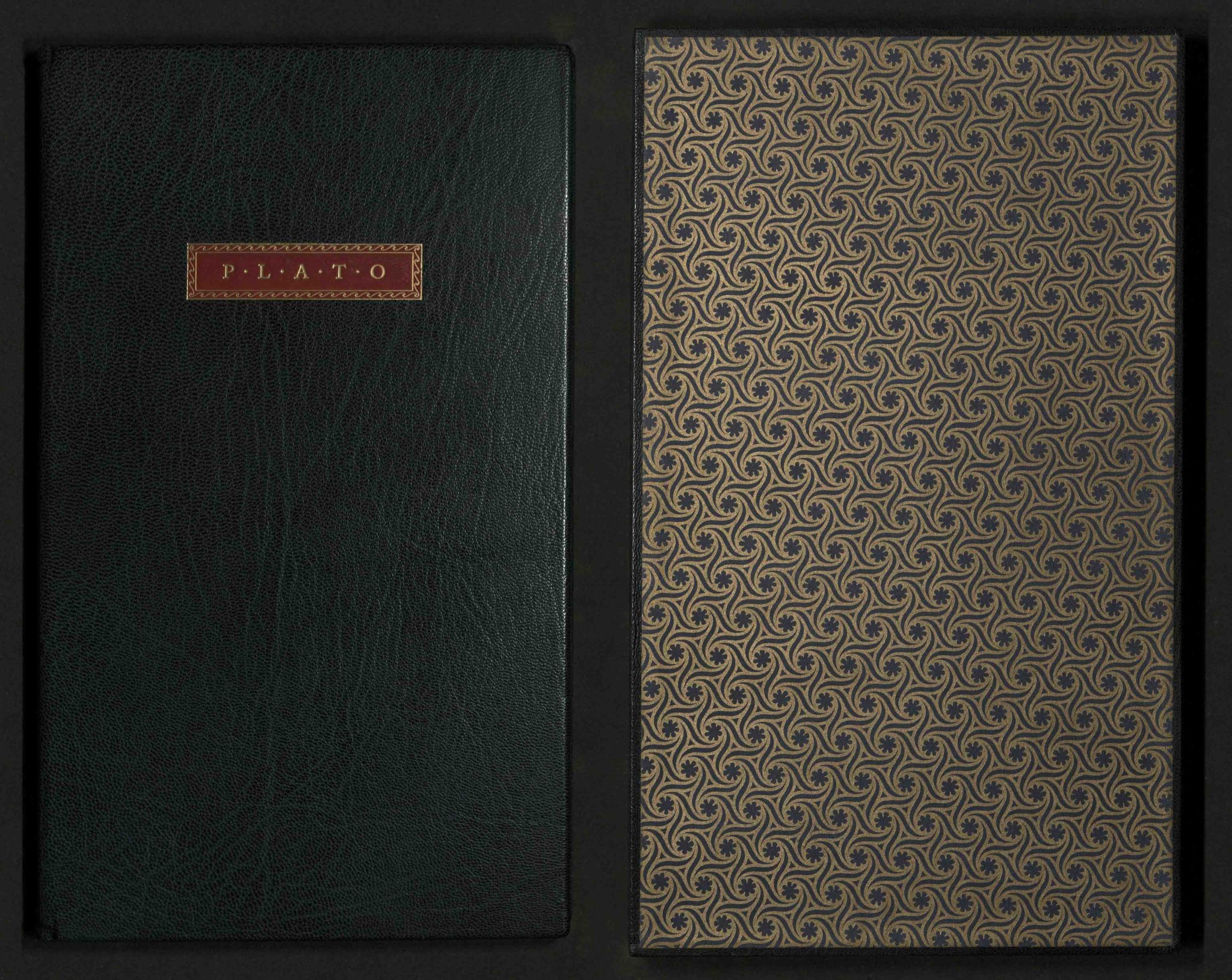
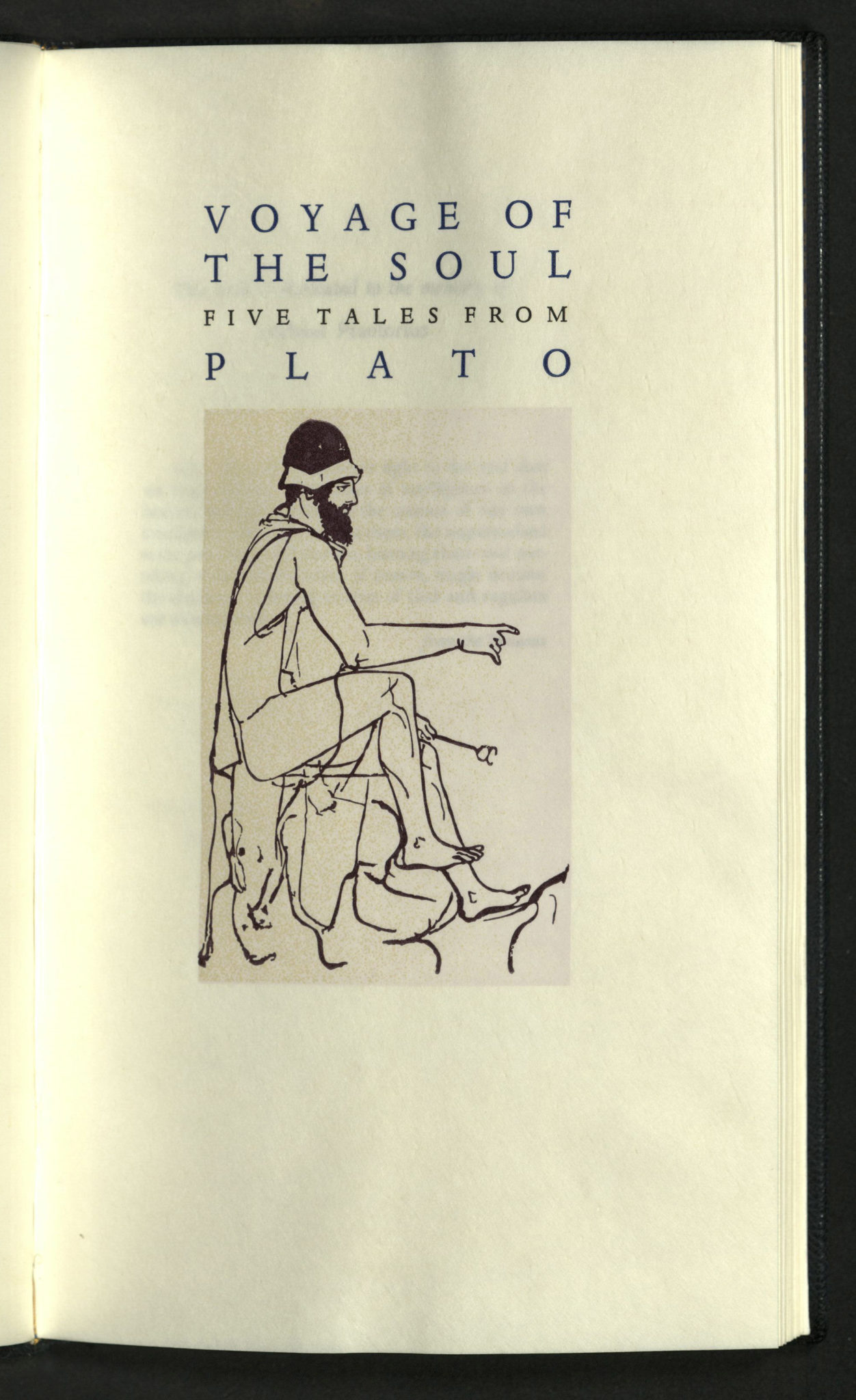

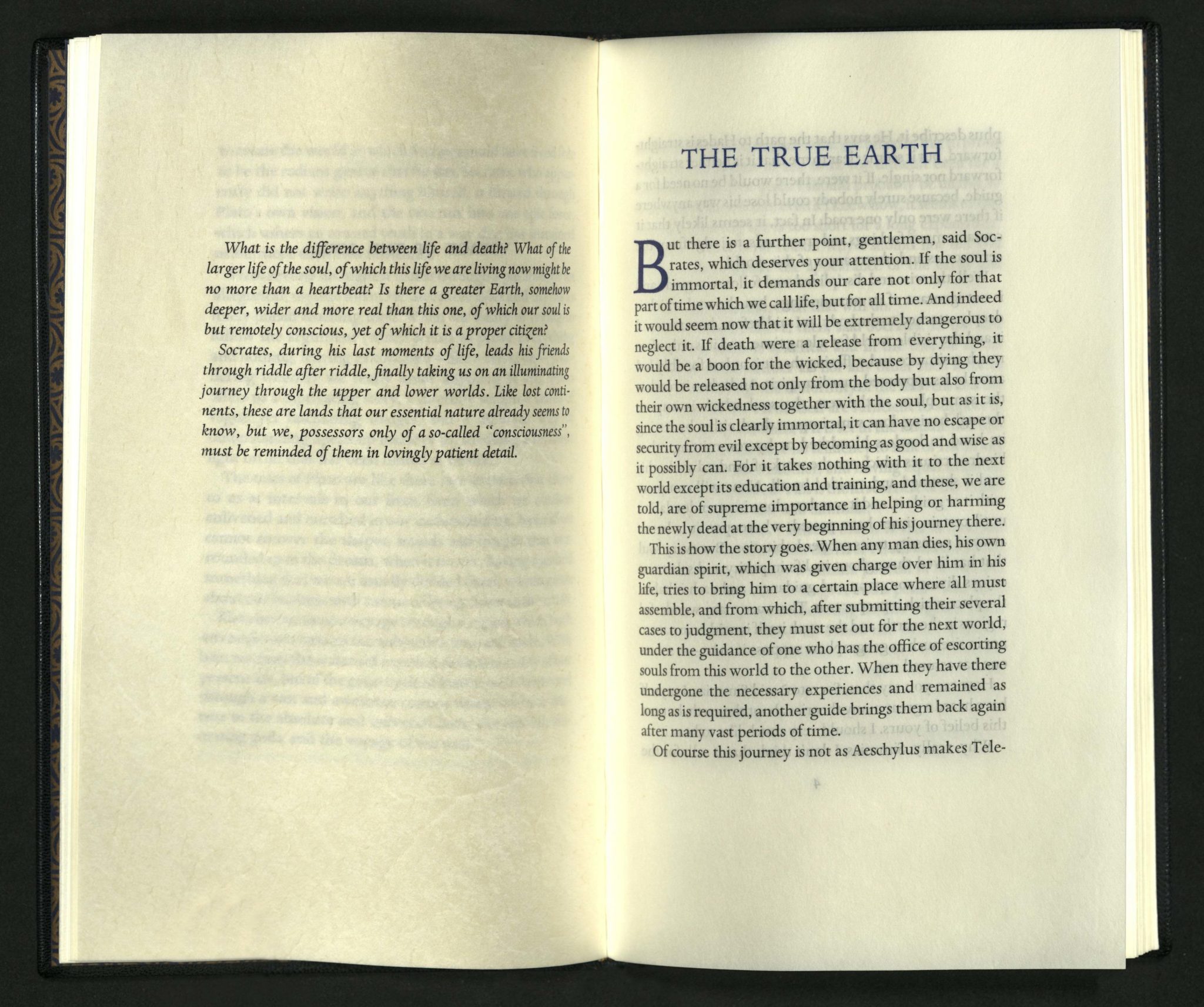
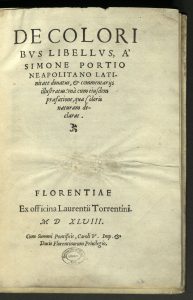
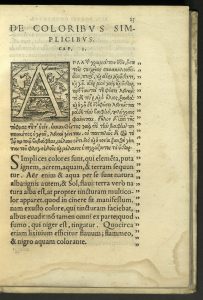
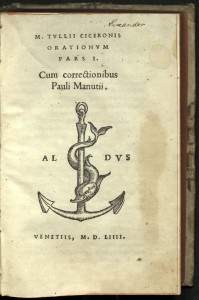
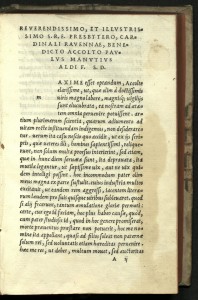
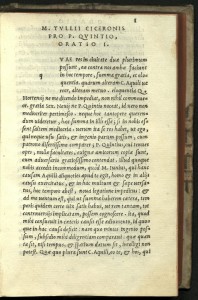



You must be logged in to post a comment.